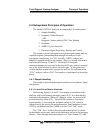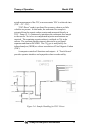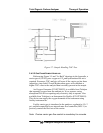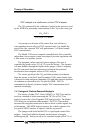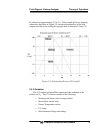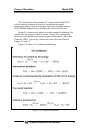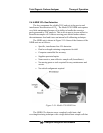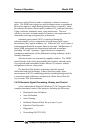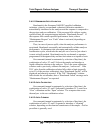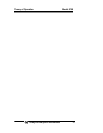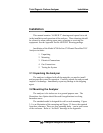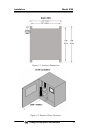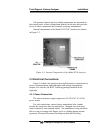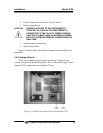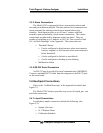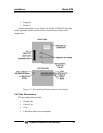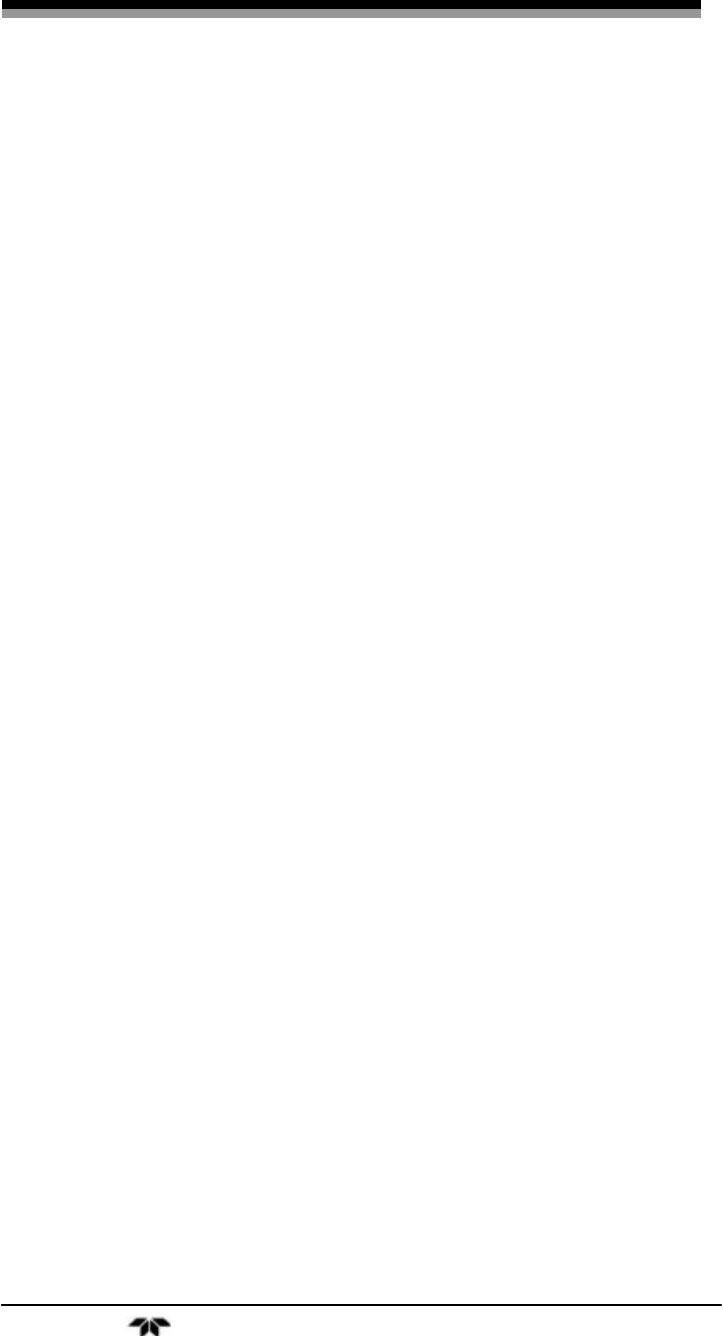
Total Organic Carbon Analyzer Theory of Operation
Teledyne Analytical Instruments 19
2.4.5.1 BENCHMARK/AUTO-VALIDATION
Benchmark is the European NAMUR* specified validation
technique, whereby on command a chemical calibration standard is
automatically introduced to the analyzer and the response is compared to
the previous analyzer calibration. If the response falls within a certain
specified limit, the computer/output indicates “Benchmark Passed”. If
the response falls outside specified performance limits, either a
“Maintenance Request” or a “Fault” alarm is activated, depending on
preset tolerances.
Thus, in cases of process spills, when the analyzer performance is
questioned, Benchmark can rapidly and automatically validate analyzer
performance. It eliminates time consuming and unnecessary
recalibration cycles, which take the analyzer out of service just when it
is most critically needed. Benchmark may be on-demand, or operator
programmed for designated day and time activation on a repetitive basis.
On command (manual or automatic by selection of day/time), the
combination of valves V3 and V4 divert the sample and introduce a
liquid calibration solution to the analyzer. This is the same calibration
solution used to previously calibrate the analyzer, “end-to-end”. If the
TOC value from the calibration solution falls within a limit (generally
set at 5% of the previous calibration), then “Benchmark Passed” will be
displayed and remotely reported. If the TOC “Benchmark” solution
falls outside the set tolerance, then a “Benchmark Failed” message and a
“Maintenance Request” are reported.
2.4.5.2 AUTO-CALIBRATION
On command (manual or automatic by selection of day/time), the
combination of valves V3 and V4 alternately introduce D. I. water for a
“Zero” calibration and the “Span” solution. The computer then resets
the analyzer to the new calibration values.
2.4.5.3 AUTO-CLEANING
On command (manual or automatic by selection of day/time), the
combination of valves V3 and V4 operate to introduce a “cleaning”
solution, depending on the chemical constituents of the sample. Acid or
persulfate is generally used.



